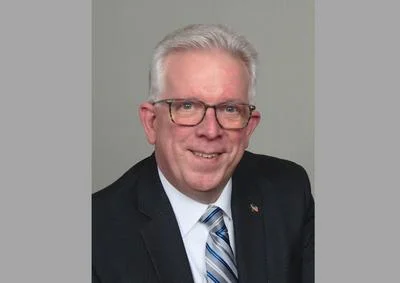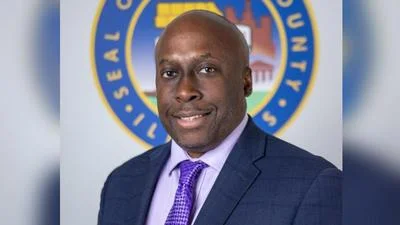FreeImages - Keith Syvinski
FreeImages - Keith Syvinski
Would-be nonunion members who thought the U.S. Supreme Court's Janus decision had codified their right not to pay compulsory collective bargaining dues are discovering the unions have an out, according to a lawsuit filed last month.
Jeffrey Schwab, senior attorney at Liberty Justice Center, heads the legal team of one such still-compulsory union member who filed suit last summer after finding out Janus apparently did not solidly settle the issue, as many thought.
"Our argument is that because he was given an unconstitutional choice prior to Janus, he could not have provided what the Supreme Court requires: affirmative consent to wave his unconstitutional right to not pay the union, because he didn't have any knowledge that he had that right at the time," Schwab told North Cook News. "Obviously, in part, because the Supreme Court hadn't recognized it yet."

Mark Janus, one of two state workers in last summer's U.S. Supreme Court decision in Janus vs. American Federation of State, County and Municipal Employees (AFSCME)
| Illinois Policy Institute
The lawsuit follows that of Mark Janus, now an Illinois Policy Institute fellow, who was the lead plaintiff in the case against Illinois's largest public-sector employee union that resulted in the U.S. Supreme Court's 5-4 ruling in his favor. The high court's ruling in Janus vs. American Federation of State, County and Municipal Employees (AFSCME) supposedly meant that nonunion employees in union shops would no longer be compelled to pay union fees and dues.
Compulsory union dues, regardless of union membership, had been the law of the land since a 1977 landmark decision that Janus overturned.
While most predicted Janus would deal a crippling blow to public sector unions, Erich Mandel, a diesel mechanic in the transportation department of Community Consolidated School District 15 in Palatine, reportedly soon found his union had discovered a possible loophole. In August, Mandel resigned from Service Employees International Union (SEIU) Local 73 and told his employer to stop withholding union dues.
Local 73, which represents more than 29,000 employees in Illinois and Indiana, pointed to the union card Mandel signed before the Janus decision, and dues continued to be deducted from his paycheck.
"The union said that he had to wait until July 2019 and that union dues would continue to be withheld from his paycheck until then," Schwab said. "The question is whether he can be compelled to do that."
Soon after, Liberty Justice Center lawyered Mandel up with Schwab and in December filed suit against the union and the school district. The suit claims that freedoms of speech and association are violated when union members are not allowed to resign and dues continue to be charged.
Mandel is not the only member of a public employee union who wants to opt out, Schwab said.
"Those are people who decided prior to Janus that they wanted to join the union but after Janus, given the option to not pay any money to the union as a nonmember, now want to take the option of not paying any [dues] to the union," Schwab said. "There are a lot of people who had decided that they would pay, that they would join the union because if they had to pay the union anyway, they might as well be a member."
The authorization that Mandel and others signed before Janus could not possibly have amounted to affirmative consent because there was no understanding at the time of a right to be nonunion members and not pay compulsory union dues, Schwab said.
"That's what the case is about," he said.
Local 73's website has not posted a response to Mandel's lawsuit, but Schwab said the union's position will be clear enough.
"Their argument is going to be that he signed the union dues authorization and he agreed that he could only rescind it during this period of time," Schwab said. "It's basically going to be, 'You signed this contract and you should be held to the contract that you signed.'"
Schwab countered that Mandel and other like him, at the time they signed the authorizations, did not have the constitutional option that Janus provides.
"Because the Supreme Court now has provided a clear indication that government employees don't have to pay a union as a condition of their employment, as a nonmember," Schwab said. "And because he didn't have that option before, what he signed before can't constitute affirmative consent to waive his First Amendment right. Even though he signed that contract, that contract can't continue to authorize the union dues withdrawal."






 Alerts Sign-up
Alerts Sign-up